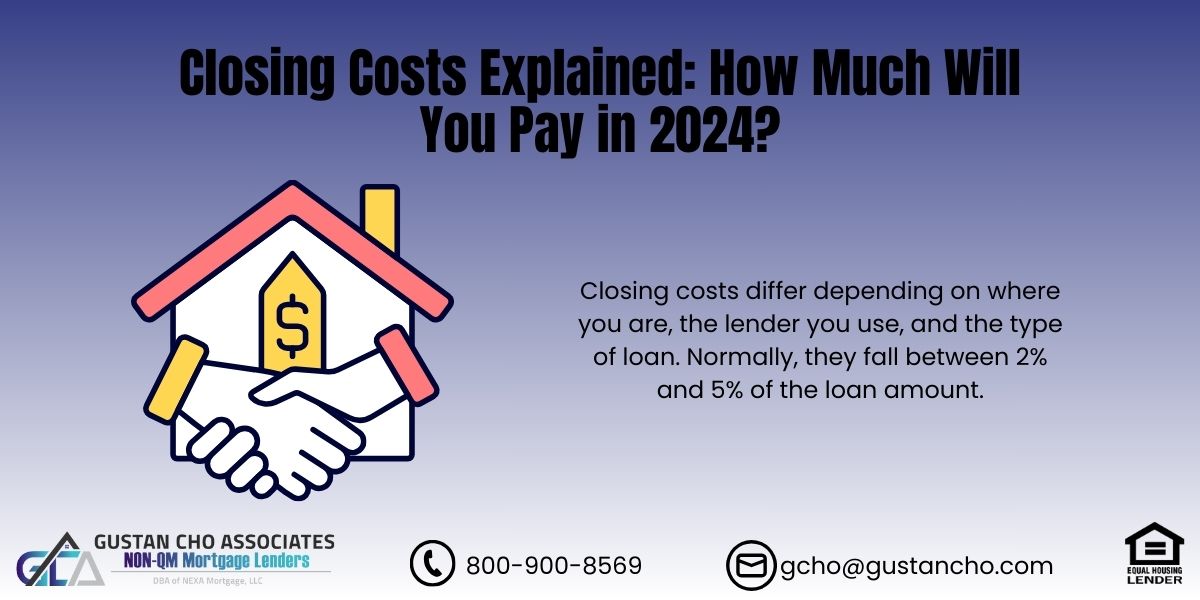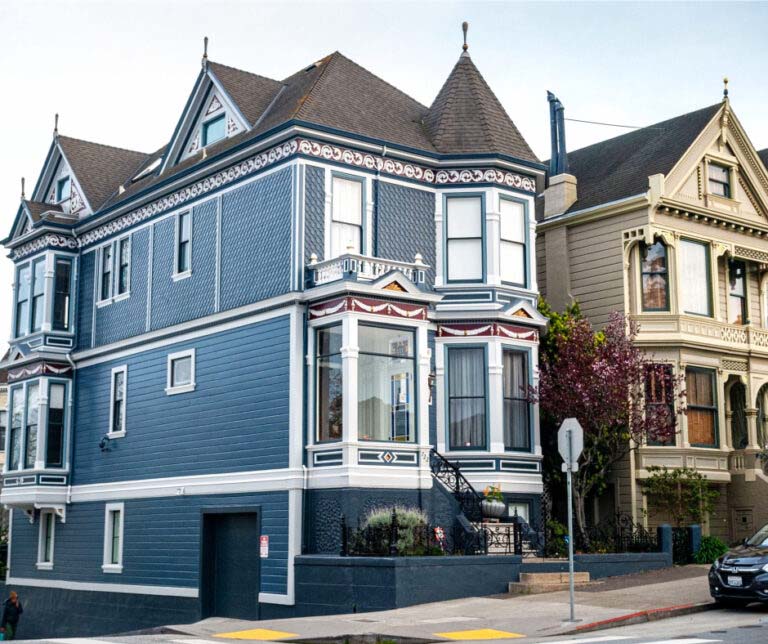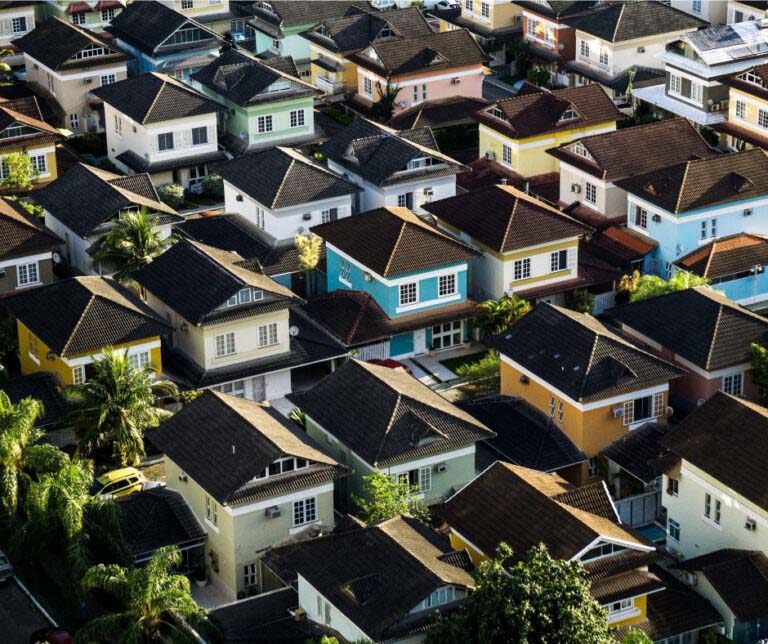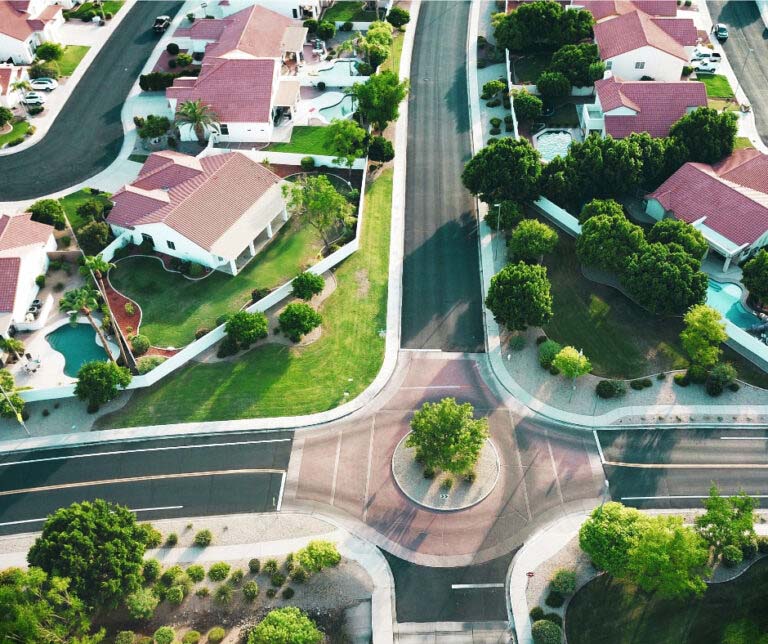Closing Costs Explained: How Much Will You Pay in 2024?
If you are thinking about purchasing a house or refinancing your existing mortgage, you have likely encountered the phrase “closing costs.” Understanding closing costs is essential because they affect your budget and overall financial plan.
In this guide, we’ll break down closing costs, how much you can expect to pay, and the smart ways to reduce or even avoid them. Let’s dive into everything you need to know about closing costs in 2024.
What Are Closing Costs?
The expenses and fees associated with completing your home purchase or refinance are known as closing costs. Think of them as the costs you pay to the people who help close the deal on your home. They are separate from your down payment and include payments for services such as the home appraisal, title search, and attorney fees. Speak With Our Loan Officer for Mortgage Loans
There are two main payments when you close on a home:
- Down Payment – This is a portion of the home’s price you pay upfront. It’s usually a percentage of the home’s value.
- Closing Costs – Extra charges, typically 2% to 5% of the loan amount, are added depending on your location and the transaction specifics.
Pro Tip: Knowing closing costs early helps you avoid surprises and budget accordingly!
Types of Closing Costs
Let’s break down some of the most common closing costs you’ll encounter:
- Title Fees—These cover the cost of the title search and title insurance, which ensures the home is free of legal claims.
- Appraisal Fee – Lenders need an appraisal to confirm the home’s value. This fee usually ranges from $300 to $500.
- Credit Report Fee – Lenders check your credit report to evaluate your risk. This may cost around $30 to $50.
- Underwriting Fees – The lender charges this to cover the cost of reviewing your loan application.
- Escrow Fees – This involves handling documents and money between the buyer and seller during the closing process.
- Property Taxes – Be sure to prepay property taxes for the remainder of the year or the upcoming months.
- Homeowners Insurance – You must prepay your first year’s insurance premium to protect your home.
How Much Are Closing Costs?
There’s no set percentage for closing costs, as they can vary based on where you’re buying, the price of the home, and even the lender you choose. On average, closing costs typically vary from 2% to 5% of the total loan amount. For instance, if you purchase a $300,000 house, your closing expenses range from $6,000 to $15,000.
Example:
- In Illinois, typical closing costs might be around $3,500 on a $200,000 home.
- The same $200,000 home could have closing costs closer to $5,000 in Florida.
If you’re buying in a high-cost state or an area that requires flood insurance, your closing costs could be higher. Flood insurance can add a significant chunk to your final bill. Click Here To Apply For Mortgage Loans Today
2024 Closing Cost Updates: What You Should Know

Closing costs have fluctuated slightly over the years. In 2024, the key factors affecting closing costs are changes in insurance rates, state and local taxes, and new lending fees imposed by the Federal Housing Finance Agency (FHFA). If you’re refinancing or purchasing a home this year, it’s important to ask your lender for a Loan Estimate, which breaks down your closing costs upfront. Expect small increases in underwriting and appraisal fees due to inflation and increased demand in certain areas.
Recurring vs. Non-Recurring Closing Costs
Not all closing costs are created equal. Some are recurring, while others are non-recurring.
- Non-Recurring Closing Costs: These are one-time fees you pay when you close the deal. Examples include title fees, appraisal fees, credit report fees, and attorney fees. Once you pay these, you’re done.
- Recurring Closing Costs: These are ongoing fees you’ll continue to pay even after you’ve moved into your home. They include property taxes, homeowners insurance, and, if applicable, mortgage insurance.
Sellers Concessions: Can They Help With Closing Costs?
Here’s a tip that can save you thousands—seller concessions. Seller concessions allow the seller to cover part or all of your closing costs by increasing the home’s sale price. For example, if a seller wants $100,000 for their home, they can agree to sell it for $105,000 and use that extra $5,000 to cover their closing costs.
Here are the maximum allowed seller concessions by loan type:
- FHA loans: Up to 6% of the purchase price
- Conventional loans (with 5% down): 3%
- Conventional loans (with 10% down): 6%
- VA loans: 4%
- USDA loans: 6%
- Investment properties: 2%
Note: If you don’t use the full seller concession, any excess must be returned to the seller—you can’t pocket it! Talk To our Experts For Mortgage Loans
Reducing or Avoiding Closing Costs
The good news? There are ways to reduce or even avoid paying closing costs out of pocket:
- Negotiate with the seller. Many sellers are willing to cover part of the closing costs to make the sale more attractive, especially in a buyer’s market.
- Shop around for services. You’re not locked into using the title company or insurance provider your lender recommends. You can find lower-cost options by shopping around.
- Consider a no-closing-cost loan. With this choice, the lender pays your closing expenses for a slightly increased interest rate. This is a good choice if you’re low on cash upfront, but keep in mind it means a higher monthly payment.
- Roll closing costs into your loan. For refinances, you can often add closing costs to your loan amount. This spreads out the payments over the life of the loan but may result in a higher overall loan balance.
Are Closing Costs Tax Deductible?
One of the most common questions homebuyers ask is whether closing costs are tax-deductible. In 2024, most closing costs are not deductible, but some exceptions apply. You may be able to deduct mortgage points if you paid them to reduce your interest rate. Always consult a tax professional to see if you qualify for these deductions.
Closing Costs for Refinancing
If you’re refinancing your mortgage, the closing costs will be similar to those on a home purchase. Expect to pay for an appraisal, title fees, and other related costs. A big difference with refinancing is the option to roll your closing costs into your new loan.
Refinancing can save you money if you lower your interest rate, but keep in mind that it also resets the term of your loan. Make sure to compare the savings you’ll get from refinancing to the additional closing costs to ensure it’s worth it.
Getting a Closing Cost Estimate Early
Your lender is required to give you a Loan Estimate within three days of your mortgage application. This document breaks down your loan terms, monthly payments, and estimated closing costs. Pay close attention to this document—it helps you avoid surprises when signing on the dotted line.
Before finalizing the process, you will also be given a Closing Disclosure containing the ultimate specifics of your loan, such as the exact closing expenses. Compare the Loan Estimate with the Closing Disclosure to ensure there are no unexpected fees or changes.
The Bottom Line on Closing Costs
Closing costs are a critical part of the home buying or refinancing process. Understanding what you’ll need to pay—and how to reduce those costs—can help you plan better and avoid surprises at the closing table. In 2024, rising home values and slight fee increases make it more important than ever to budget for closing costs.
Ready to buy or refinance? Contact a loan officer today to explore your options and get a detailed breakdown of your closing costs!
If you have any questions about how much closing costs are, please contact us at 800-900-8569. Text us for a faster response. Or email us at gcho@gustancho.com. The team at Non-QM Mortgage Lenders is available 7 days a week, on evenings, weekends, and holidays.
Frequently Asked Questions About Closing Costs:
- 1. What are closing costs for a $300,000 home? On average, closing costs for a $300,000 home can range between $6,000 and $15,000, depending on the state and loan type.
- 2. Can I roll closing costs into my loan? Yes, many lenders allow you to roll closing costs into your loan for refinances. For purchases, you can negotiate a seller concession to cover closing costs.
- 3. Can I avoid paying closing costs upfront? You can negotiate with the seller for a concession or ask your lender about a no-closing-cost loan, where costs are built into the interest rate.
- 4. Do closing costs vary by lender? Yes, different lenders may offer varying estimates for closing costs. That’s why it’s essential to shop around and get multiple quotes.
- 5. What happens if I can’t afford my closing costs? If you don’t have enough cash to cover closing costs, you can explore options like seller concessions, rolling costs into the loan, or opting for a no-closing-cost mortgage.
- 6. Who pays closing costs, the buyer or the seller? Typically, the buyer is responsible for most closing costs, but the seller can also contribute, especially if you negotiate a seller concession. This allows the seller to cover a portion of the buyer’s closing costs as part of the sale agreement.
- 7. Can closing costs be included in the mortgage? For refinances, many lenders allow closing costs to be rolled into the loan, meaning you won’t have to pay them upfront. However, for home purchases, closing costs generally must be paid at closing unless covered by a seller concession.
- 8. Do I need to pay closing costs if I’m using a VA or USDA loan? Yes, you still have to pay closing costs for VA and USDA loans, even though these loans don’t require a down payment. However, these loans allow you to negotiate seller concessions to help cover closing costs.
- 9. What happens if I don’t have enough money to cover closing costs? If you’re short on funds for closing costs, you can explore options like negotiating seller concessions, asking for a lender credit, or using down payment assistance programs that may help with closing costs. Some lenders may also offer no-closing-cost loans in exchange for a higher interest rate.
- 10. How are closing costs calculated? Closing costs differ depending on where you are, the lender you use, and the type of loan. Normally, they fall between 2% and 5% of the loan amount. After you apply for a mortgage, the lender will give you a Loan Estimate that lists all the costs involved. This will help you get an accurate calculation of your mortgage expenses.
This blog about “Closing Costs Explained: How Much Will You Pay in 2024?” was updated on September 11th, 2024.







